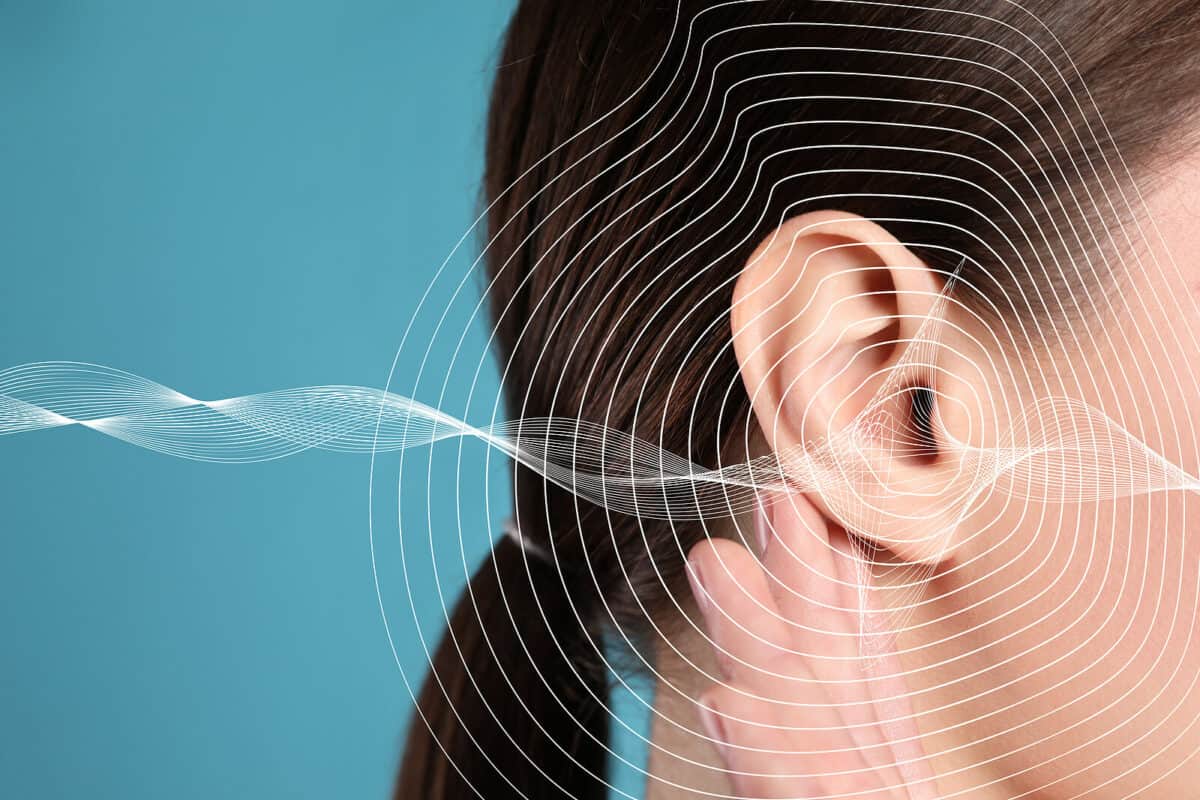Tinnitus, often described as a ringing, buzzing, or hissing sound in the ears, affects millions of people worldwide. It can be a frustrating and debilitating condition, impacting one’s quality of life and mental well-being. While there is no cure for tinnitus, there are effective management strategies, and one of the most promising solutions is the use of hearing aids. In this article, we will explore how hearing aids can provide relief from tinnitus symptoms and improve the overall hearing experience for individuals suffering from this condition.
Understanding Tinnitus
Before delving into the role of hearing aids in tinnitus management, it’s essential to grasp the basics of tinnitus. Tinnitus is not a disease itself but rather a symptom of an underlying issue, such as age-related hearing loss, exposure to loud noises, or even earwax blockage. When these issues disrupt the normal functioning of the auditory system, the brain compensates by generating phantom sounds, leading to the perception of tinnitus.
Tinnitus can manifest in various forms, including:
- Tonal Tinnitus: This is the most common type, characterized by a continuous, steady sound, such as a ringing or buzzing.
- Pulsatile Tinnitus: In this type, the perceived sound matches the rhythm of the individual’s heartbeat, often resembling a rhythmic whooshing or pulsing.
- Musical Tinnitus: Rare but intriguing, musical tinnitus is when individuals hear melodies or tunes without any external source.
- Somatic Tinnitus: Tinnitus can also be influenced by head or neck movements, changes in body position, or muscle contractions.
Tinnitus often coexists with hearing loss, making it a complex condition to manage. This is where hearing aids come into play.
The Role of Hearing Aids in Tinnitus Management
Hearing aids are sophisticated devices designed to amplify sounds and improve overall hearing function. While they are primarily used to address hearing loss, their benefits extend to tinnitus sufferers in several ways:
- Amplification and Sound Masking: One of the key features of hearing aids is their ability to amplify external sounds. This amplification can divert the brain’s attention away from the tinnitus sounds, making them less noticeable or intrusive. In addition to amplifying external sounds, some hearing aids also offer built-in sound masking features, allowing users to select soothing sounds, like ocean waves or white noise, to mask their tinnitus.
- Improved Communication: For individuals with both hearing loss and tinnitus, hearing aids can significantly enhance communication with others. Clearer speech perception can reduce stress and anxiety associated with struggling to hear conversations, which can, in turn, alleviate tinnitus symptoms.
- Customizable Solutions: Modern hearing aids are highly customizable. Audiologists can program them to suit the individual’s unique hearing profile and tinnitus characteristics. This tailored approach ensures that the hearing aids effectively address the specific needs of the user.
- Tinnitus Sound Therapy: Some hearing aids are equipped with tinnitus sound therapy programs. These programs provide a structured approach to tinnitus management by delivering therapeutic sounds that help habituate the brain to the tinnitus noise. Over time, this can lead to reduced perception and distress caused by tinnitus.
- Enhanced Hearing Experience: By restoring hearing to a more natural state, hearing aids can improve the overall auditory experience. This can result in a more balanced perception of sound, reducing the prominence of tinnitus in the individual’s awareness.
Choosing the Right Hearing Aid
To maximize the benefits of hearing aids in tinnitus management, it’s crucial to select the right device and seek professional guidance. Here are some factors to consider:
- Consultation with an Audiologist: Start by consulting with an audiologist who specializes in tinnitus management. They will assess your hearing and tinnitus, helping you choose the most suitable hearing aid and programming settings.
- Tinnitus Features: Look for hearing aids with tinnitus-specific features, such as sound therapy programs or customizable masking options. Not all hearing aids are created equal, so discuss your tinnitus needs with your audiologist.
- Comfort and Fit: Comfort is paramount when wearing hearing aids regularly. Ensure that the device fits well and is comfortable to wear throughout the day.
- Battery Life and Maintenance: Consider the battery life and maintenance requirements of the hearing aid. Some models offer rechargeable batteries, while others use disposable ones.
- Cost and Insurance: Hearing aids can vary in cost, so it’s essential to consider your budget and any insurance coverage you may have.
Wrap Up
Tinnitus can be a challenging condition to live with, but hearing aids offer a ray of hope for individuals seeking relief. By amplifying external sounds, providing sound masking options, and offering personalized solutions, hearing aids can significantly reduce the impact of tinnitus on one’s daily life. However, it’s crucial to remember that the effectiveness of hearing aids in tinnitus management varies from person to person, and a thorough consultation with an audiologist is the first step toward finding the right solution.
If you or a loved one is grappling with tinnitus, don’t hesitate to explore the potential benefits of hearing aids. They not only enhance your ability to hear but also have the potential to bring back the symphony of silence that tinnitus often disrupts. With the right hearing aids and professional guidance, you can regain control over your auditory experience and improve your overall quality of life.
If you have any questions or would like to schedule your next appointment, contact us.

